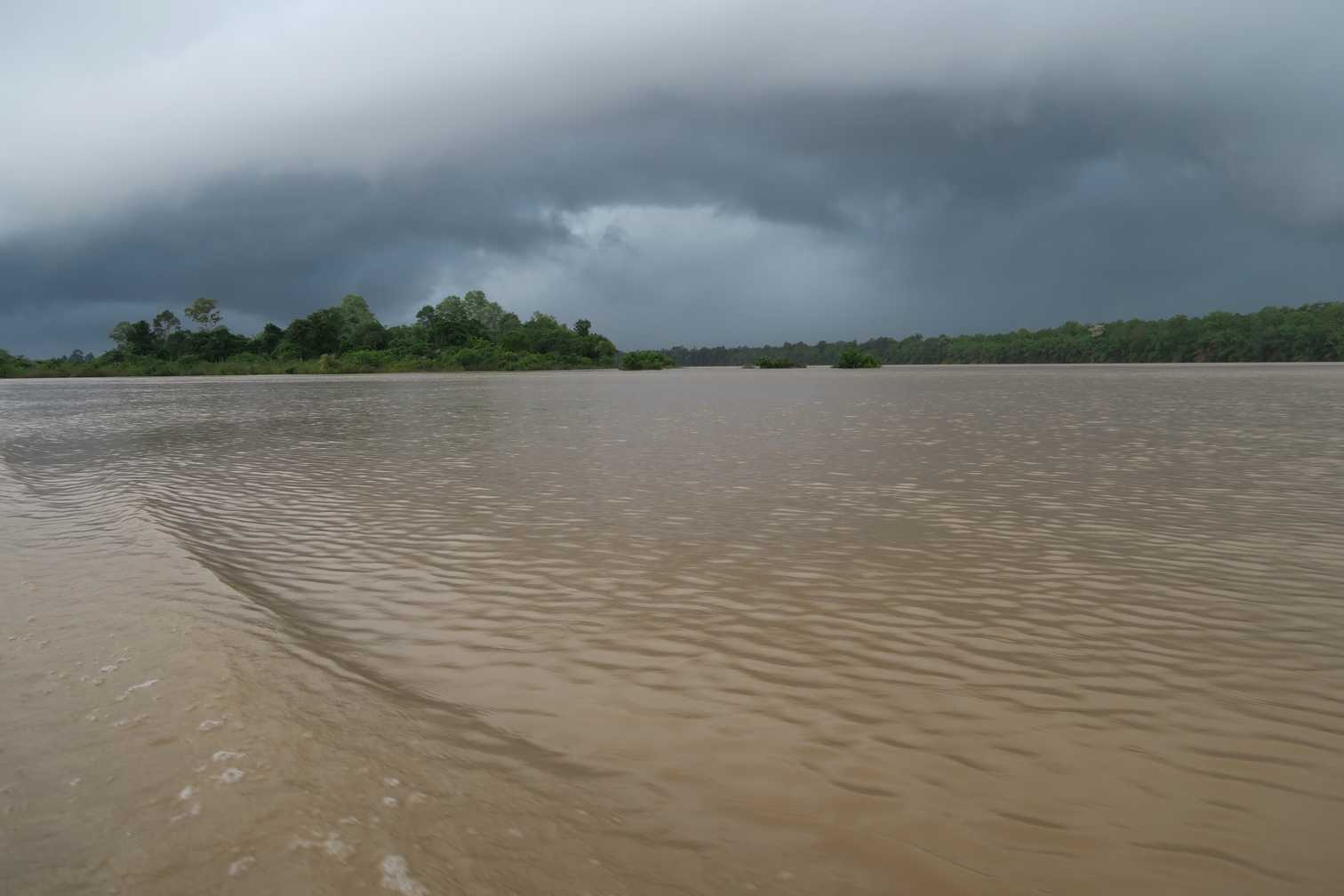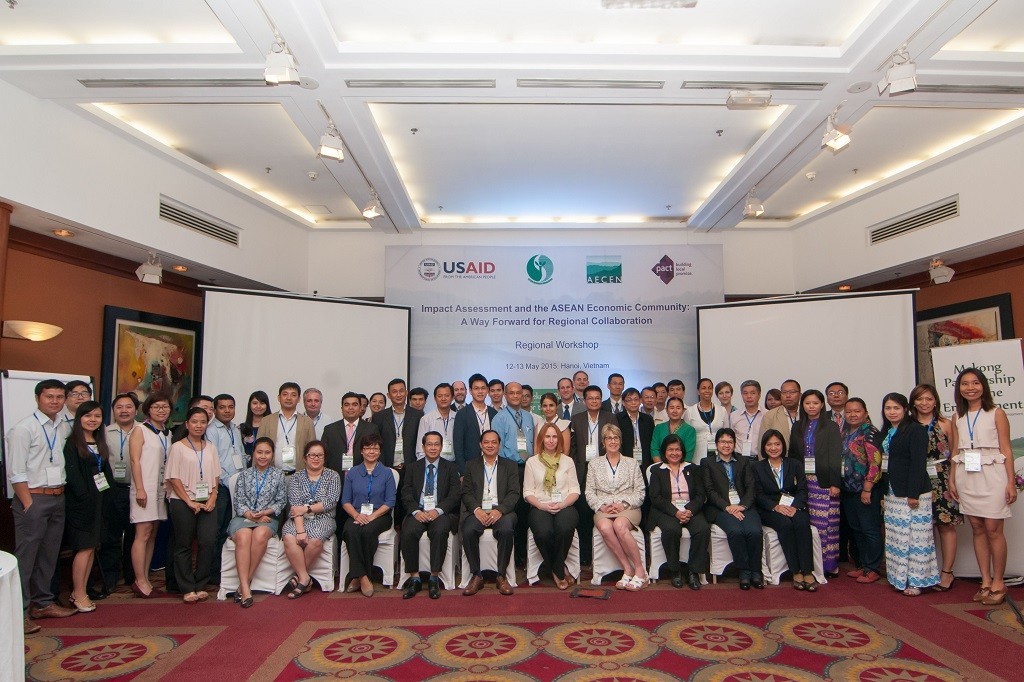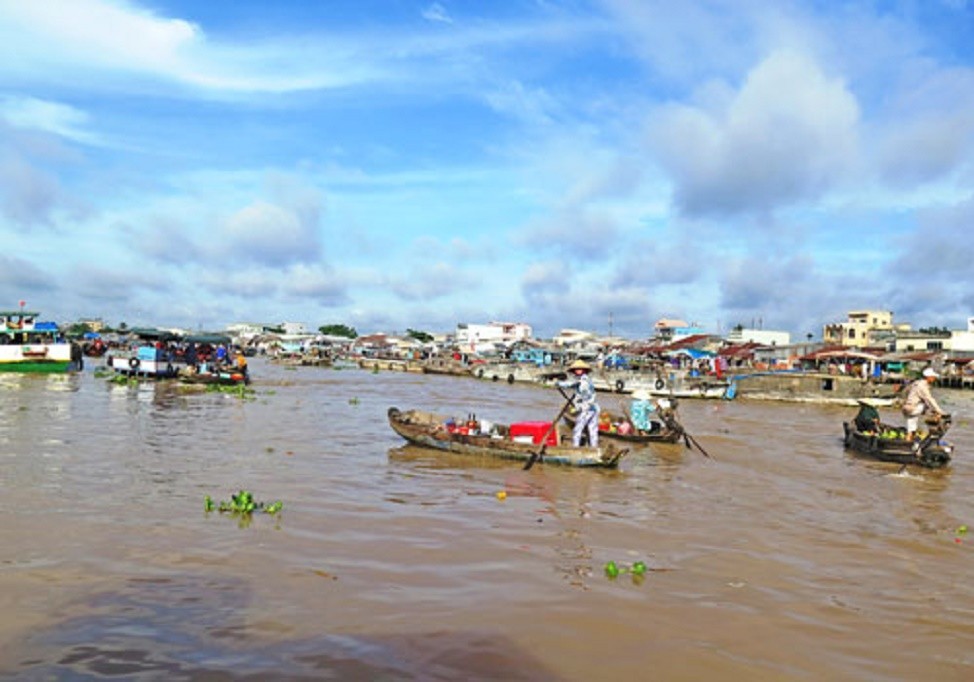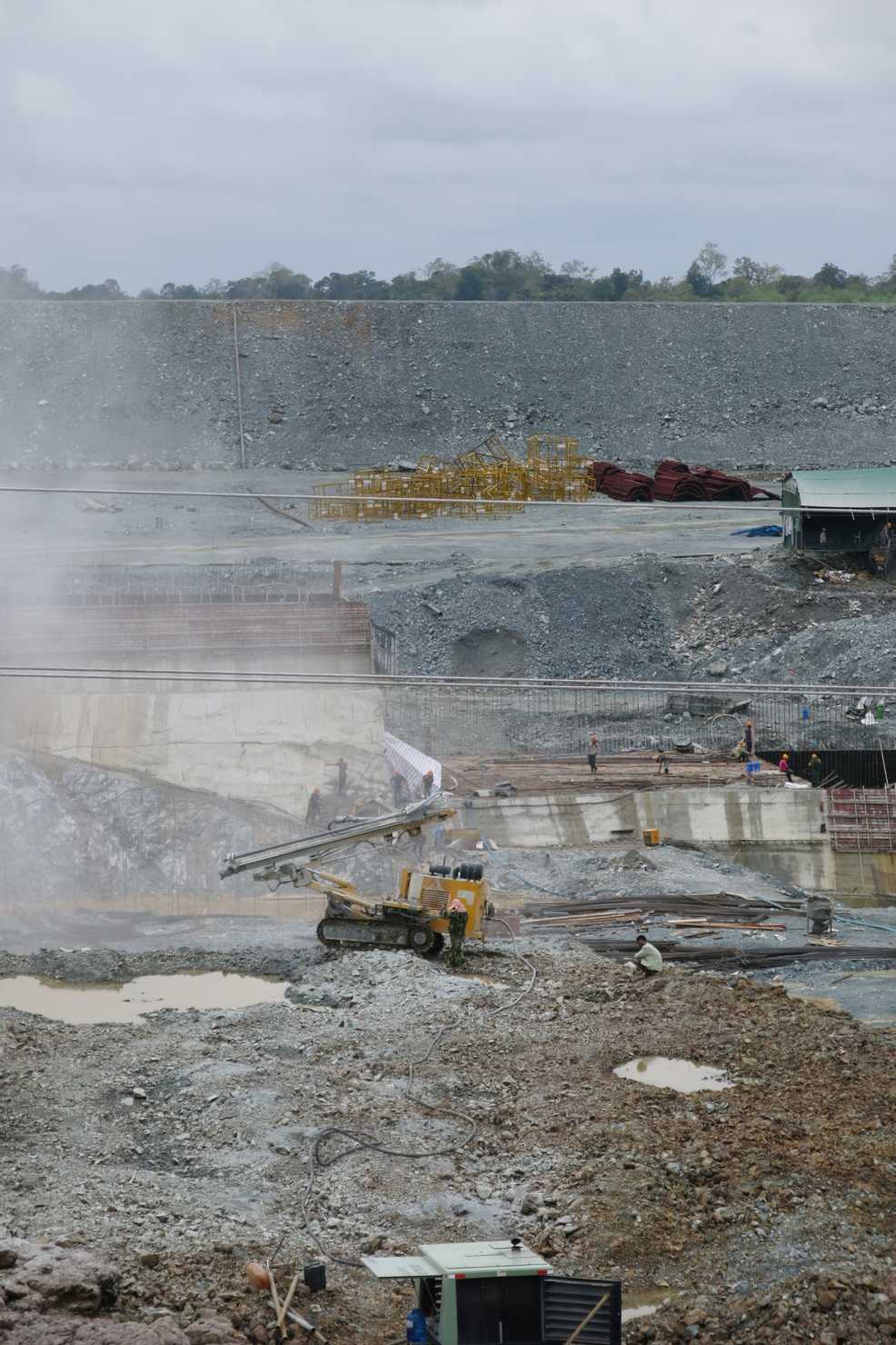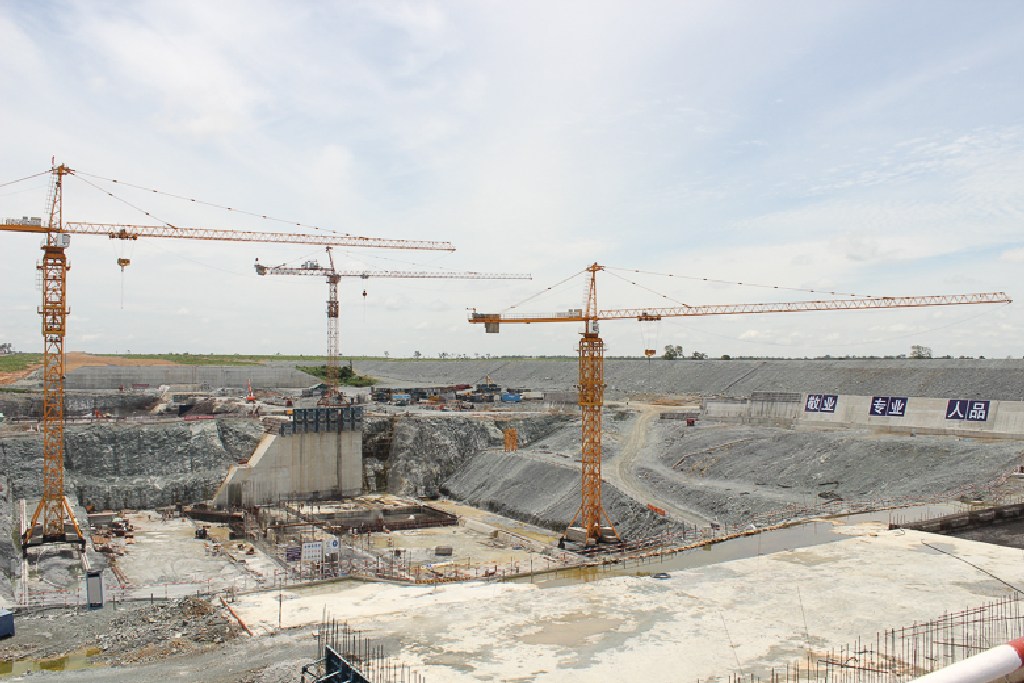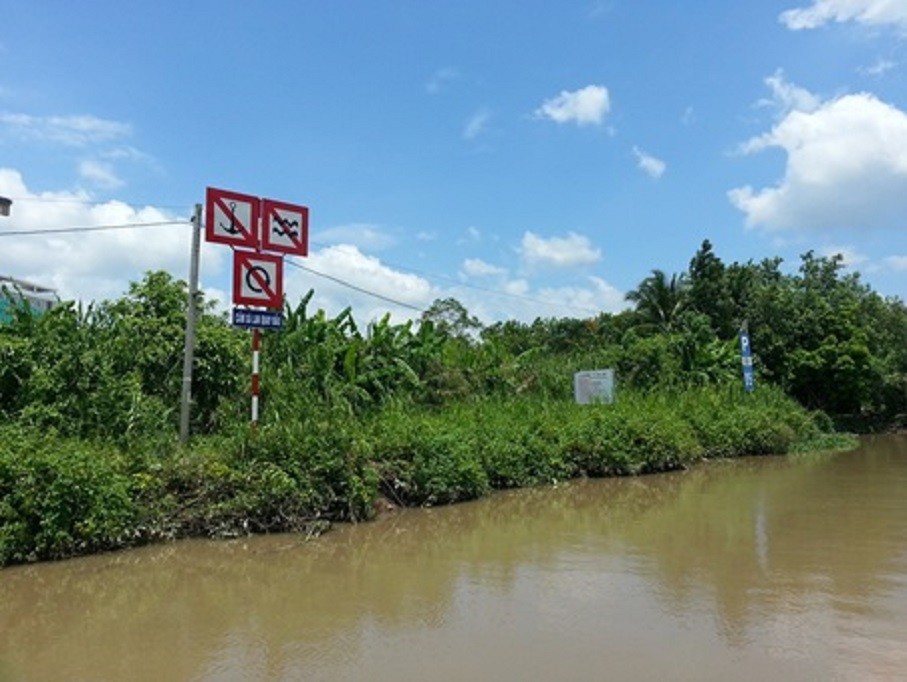“The forest is our main source of food year round. Our lives are tied to it,” said Mr Pan, 57, also the head of a two-century-old village located in the forest of Ob Khan National Park’s Mae Khan River basin. But this lifestyle based on nature is under threat. The villagers have lived with anxiety for 20 years under the shadow of a dam construction project that has been dusted off by successive prime ministers despite the villagers’ protests.
Category: Region
Selected environmental stories from media outlets in the Mekong region and beyond.
Roadmap for civil society engagement launched
On 16 September, the European Union (EU) and EU Member States met with more than 50 local Civil Society Organisations for the launch of the EU Roadmap for engagement with civil society according to an EU statement on 16 September. The Roadmap is the result of an extensive and inclusive process of consultation with over 150 Myanmar Civil Society Organisations (CSOs), the EU and its Member States. At the event, CSOs, international partners and the EU discussed priorities for future action which are outlined in the Roadmap.
The power struggle at Salween River
The Salween River meanders through pristine mountain forests before reaching a camp for internally displaced people at Ei Htu Hta, near the Thai-Myanmar border. Temporary bamboo shelters dot the hills around the camp, with small solar panels attached to the thatched roofs providing power for a few hours a day. There is no government electricity supply to the camp and many of the people displaced by the fighting between the Burma Army (BA) and ethnic armed forces believe there never will be, despite seven dam projects proposed for the Salween. They also believe that the recent outbreaks of fighting between the BA and Karen forces are part of a master plan to ensure the dam projects, many of which will supply cheap energy to Thailand, go ahead.
Asean journalists hone skills in hydropower reporting
Journalists from the Asean countries of Myanmar, Laos, Thailand, Vietnam and Cambodia gathered in Phnom Penh this week to learn about energy and hydropower development trends in the region.
Mekong nations to set up EIA working group
Government officials and civil society representatives from across the Mekong region have agreed to establish a working group to develop a regional public participation guideline for Environmental Impact Assessment (EIA) this week in Hanoi, Vietnam.
Mekong dwellers struggle to adapt to tides of change
Since its founding, the inhabitants of Can Tho city have sold their wares atop the water, which has become a tourist spectacle. Rush hour at the floating market is around 8am. After noon, the sellers pack up their boats and return home. In recent years, local communities have begun to struggle against the growing problems of erosion and pollutants that threaten their way of life on the Hau River, a large branch off the MekongThe 185-kilometre (115-mile) Hau River passes through the southern part of Vietnam and into Cambodia, where it is called the Bassac River. In both countries, people call this river their home and depend on it for the livelihood by selling products from the Can Tho delta.
Controversial Cambodia dam goes ahead despite concerns
IMPLEMENTATION of the Lower Sesan 2 (LS2) hydropower project in northeast Cambodia is underway despite civil society organisations and local residents expressing concerns over possible serious impacts on the environment and natural resources.
Locals differ on impacts from Cambodia dam project
Cambodia’s Lower Sesan 2 (LS2) hydropower project brings about concerns to the locals, either those refusing to move or those accepting the resettlement deals. According to the project’s environmental impact assessment report, 4,785 people from seven villages must relocate from four communes in the reservoir area. It is estimated that 78,000 people upstream would lose access to migratory fish, and 22,000 people immediately downstream would be negatively affected by changes in river hydrology, water quality and fish numbers.
Lower Sesan 2: Construction resumed, troubles restarted
Thousands of workers, mostly Chinese, are hustling working on the Lower Sesan 2 (LS2) dam site in Northeast Cambodia, and nearly 40% of their work is complete. The US$816 million project was approved by Cambodia’s Council of Ministers in 2012. However, in November 2014, the dam construction was stopped due to environmental controversy and opposition from communities and some NGOs, but has been re-started since March 2015. And, as construction has resumed, the communities concerns have been reprised and the trouble has restarted.
Can Tho river signs to reduce speeds, erosion
HCM CITY (VNS) — Can Tho authorities plan to install speed limit signs on the Hau River to prevent barges from travelling too fast, causing serious erosion and damaging property in the city’s An Binh Ward.




